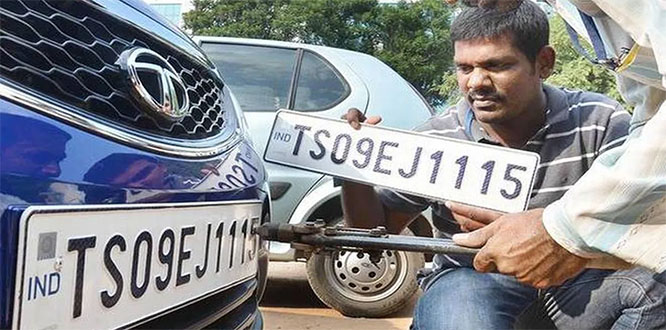Bengaluru, Jan 20: Caste, income and residence certificates are now being issued over the counter by the Karnataka state government from this month, in what is touted as India's first such facility.
Applicants are issued these three certificates instantly - in under 10 minutes - without the need for any field verification, resulting in significant time-saving for both citizens as well as revenue officials. Launched earlier this month, the facility is available in 100 taluks across 17 districts.
Around 1.5 crore caste, income and residence certificates are issued every year, making it four-fifths of all documents issued by the state government. It is estimated that village accountants, revenue inspectors and tahsildars spend half their time in the verification process involved in issuing these three certificates.
"Two years ago, we took the ration card database, printed village-wise booklets with family details and conducted field inquiry through which we recorded caste, income and residence details of four crore citizens," said Survey, Settlement and Land Records commissioner Munish Moudgil, who is anchoring this project. Bengaluru has not been covered as the revenue department does not have the resources to cover "such a big city".
Karnataka has 1.24 crore families with ration cards, of which the department has entered details of 94 lakh families. "So, we have pre-created certificates available with us in the database," he said.
"An applicant has to walk into any citizen service centre, provide the ration card number or his name. The software will throw up a list of names matching our records. The applicant, after confirming the details, will be issued the certificate over the counter without any verification," he said. The regular mode of issuance takes nearly two weeks.







Comments
They will mess up with aadhaar card. Wait and see
Most of the people not known with many facilities. Should ensure reach of the implemented facilities. Good job
It will be more helpful.. But chances of corruption increased
Great.. Great doing Siddu
Add new comment